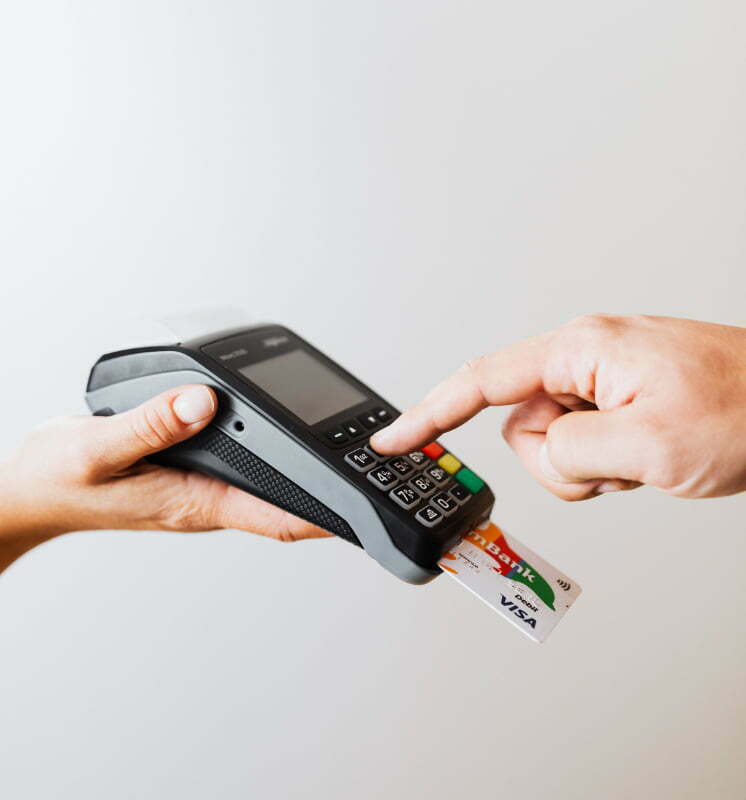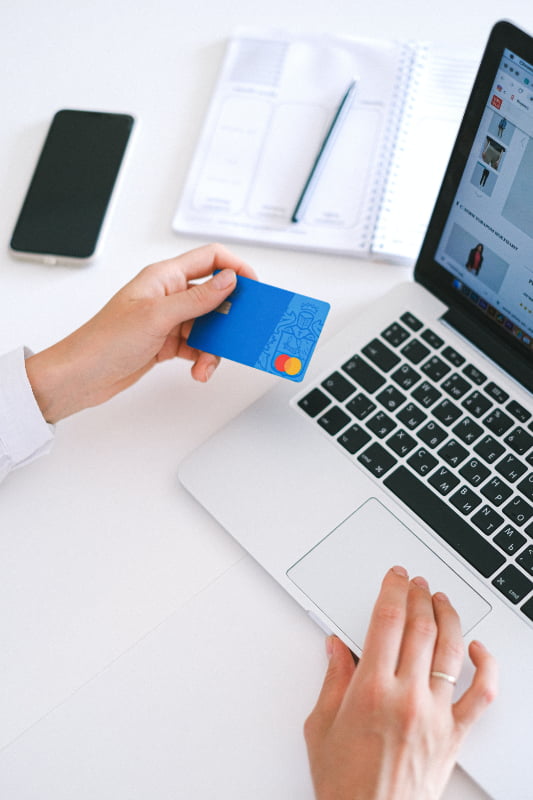Credit card debt is a significant concern for many people.
While it’s essential to concentrate on building your credit score and creating financial security, you should also work to avoid getting into debt in the first place.
Here are a few debt prevention tips to help you avoid credit card debt.
1. Pay your bills at the designated time
Paying your credit bills on time is an important thing you can do to avoid credit card debt. If you don’t, you’ll get hit with late fees and a lower credit score, which means it’s harder for you to get a loan or line of credit in the future.
All of this can come as a result of just one late payment!
So make sure that every month, all of your payments are made at least one day before the due date, so there’s no chance for confusion about when they’re due (and whether or not they’ve been paid).
2. Set up an automatic bill pay system
This will help you avoid late fees and ensure that your monthly payments are made on time.
You can do this by setting up a reminder on your calendar so that every time the due date comes around, it reminds you to make the payment.
You can set up an automatic credit card bill payment from your current or checking account to your credit card or savings account–whatever works best for you!

3. Don’t spend more than you have
This is a no-brainer, but it’s worth mentioning because this is where most people get into trouble with their credit cards.
Credit card debt isn’t just about spending money on things you don’t need; it’s also about spending more than what is reasonable for your income and lifestyle.
If you are living daily via paycheck to paycheck and find it a struggle to make ends meet, then using a credit card will only make things worse–and fast!
4. Know the importance of credit score
A credit score is a measure or grade of your creditworthiness. This score or grade is used by lenders to determine your creditworthiness.
An excellent or good credit score can help you get loans at lower interest rates, while a bad one will prevent you from getting them altogether.
5. Stay within your budget
Budgeting is the foundation of sound financial planning. Without a budget, it’s easy to overspend and accumulate debt. A budget is simply an estimate of how much you have coming in and how much money will be spent each month on various expenses. It should also include savings goals and other investments (like retirement).
Once you’ve set up a budget for yourself, stick with it!
If there are expenses that aren’t included in your monthly plan but seem essential at the time, consider using cash instead of credit cards so that they don’t sneak up on you later on down the line when they are due again–and don’t forget about paying off those debts when possible!
6. Use multiple credit cards for different purposes
Use a credit card for purchases that you can afford and that are not urgent. For example, if you buy a new laptop or TV, use a credit card instead of cash or debit. This way, the purchase won’t be as painful when it comes time to pay off your bill–you’ll have more time to get used to having the item around before paying anything back!
Use multiple credit cards for different purposes: one for everyday use (e.g., groceries), another for emergencies (e.g., car repairs), etc.

7. Cancel unused accounts and cards
If you’re not using a particular credit card, it’s okay to cancel the account. This can help prevent overspending and debt by ensuring you only have as many cards as you need.
You can cancel an account by going to the website of the company that issued your card or calling their customer service line. Be sure to follow up with them in writing via mail or email. Hence, they know this was done on purpose rather than being accidentally forgotten about because some companies may charge fees if they close an account without written notice from its holder.
8. Use cash back credit cards responsibly
If you’re going to use a cash-back credit card, make sure you use it responsibly. That means using the card only for purchases you have budgeted for and paying off your balance in full each month so that no interest is accrued. You also should know what kind of rewards program the card has and understand how much money those rewards will cost in terms of annual fees or other charges (like late payment penalties).
Remember that some types of rewards programs are better than others; some charge higher annual fees but offer more excellent value through points or miles, while others have lower yearly costs but don’t provide as much value per dollar spent on purchases with them.
9. Pay off credit card debt before making any new purchases
You should pay your credit card debt before making any new purchases. This is a good idea because it will help you avoid more interest charges and penalties, which can get expensive quickly.
Do this by withholding money from your paycheck and depositing it in an account set up for paying down debt (like an emergency fund). You can also set up automatic payments with your bank or use a service that automatically transfers funds from one account to another based on preset parameters. For example, if you have enough money in the checking account but not enough in savings, your bank will transfer some of the former into the latter until they’re both full or close enough that they can be emptied out together when needed at no charge whatsoever!
You should make sure that there’s always some cash available on hand before making any big purchases like cars or houses–even though these purchases are generally considered safe investments due to their high resale value relative to cost over time (and sometimes even during), there’s no guarantee that this trend will continue indefinitely. Hence, it’s best not to risk losing everything just because we didn’t plan ahead carefully enough!
Conclusion
So, if you’re a frequent user of credit cards, hopefully, these ideas will help you to limit your debt and avoid the hassle and stress associated with it.
And, if you’re already in debt to your credit card companies, these tips can be a great starting point for getting out of debt.
Don’t let yourself get trapped in a cycle of debt. Take control, and make a plan that will put you on the right track towards minimizing your spending, paying down your debt, and building financial stability.
Images Used
Photo by Pixabay: https://www.pexels.com/photo/close-up-photo-of-credit-cards-164501/
Photo by Anna Shvets: https://www.pexels.com/photo/person-holding-bank-card-4482900/
Photo by Karolina Grabowska: https://www.pexels.com/photo/a-person-pressings-on-the-payment-terminal-keypad-5239804/





0 Comments